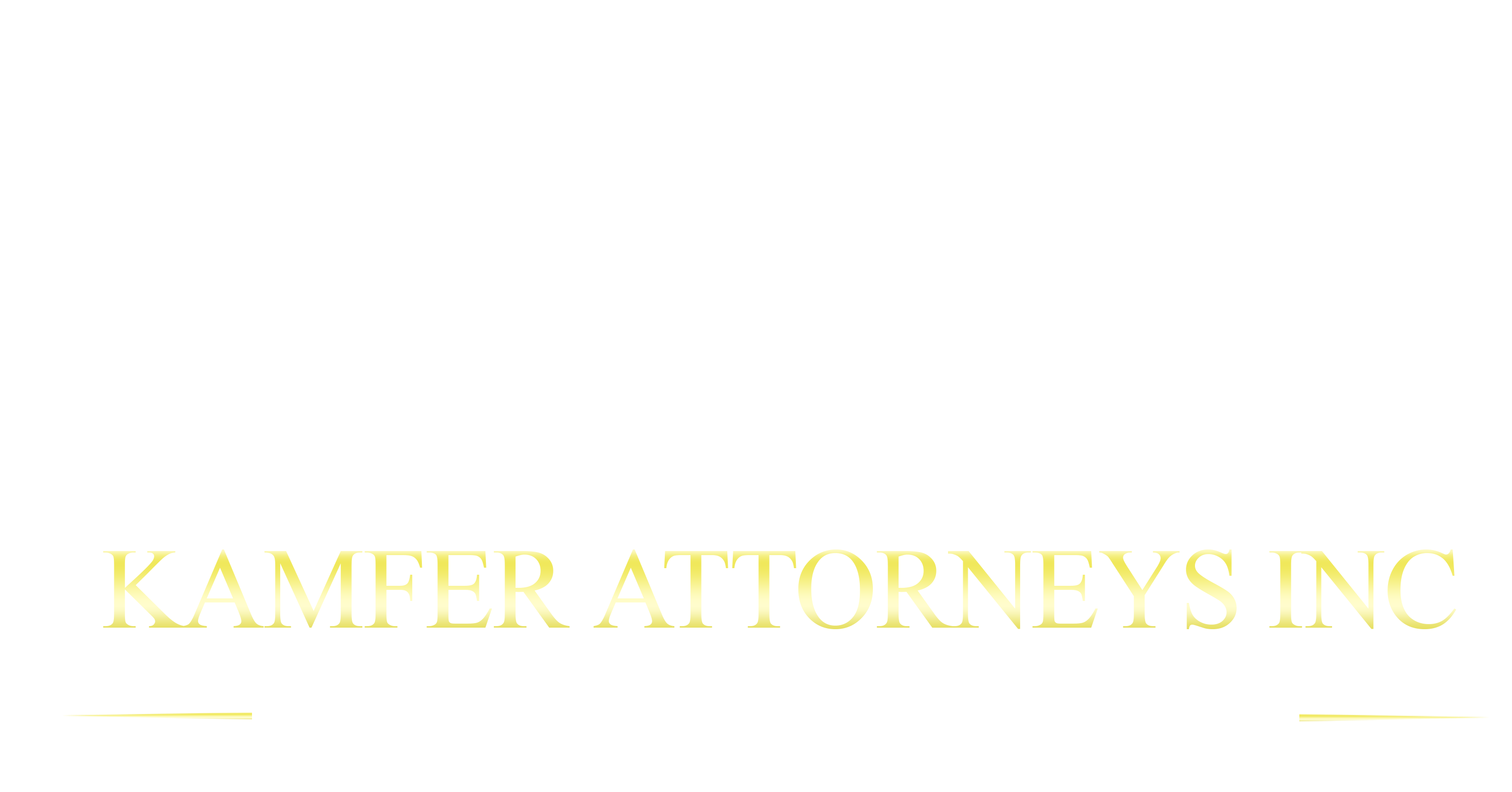Divorce is a complex and emotional journey, and the decisions made during this process can have a lasting impact on individuals and families. One crucial aspect that individuals often grapple with is whether to pursue an uncontested or contested divorce.
Understanding the nuances of each type is paramount for making informed decisions that align with your unique situation. In this blog post, we will delve into the world of uncontested and contested divorces, unraveling the intricacies that define each.
Whether you’re contemplating the end of a marriage or supporting someone through the process, this exploration aims to provide clarity on the advantages, disadvantages, and considerations associated with these two distinct paths.
As we navigate through the various facets of uncontested and contested divorces, our goal is to empower you with the knowledge needed to make choices that best suit your circumstances.
From the fundamental differences between the two to practical tips on simplifying the process, this guide is your go-to resource for unraveling the complexities of divorce proceedings in South Africa.
Contested vs. Uncontested Divorce in South Africa
Divorce, in its essence, is the legal dissolution of a marriage. However, the paths individuals take to reach this resolution can vary significantly. Understanding the fundamental aspects of both uncontested and contested divorces is crucial for anyone navigating this complex terrain.
What is an Uncontested Divorce?
An uncontested divorce is characterized by mutual agreement between spouses to end their marriage amicably. This collaborative approach involves both parties working together to reach settlements on crucial aspects such as property division, child custody, and financial matters.
While uncontested divorces generally proceed more smoothly, it’s also crucial to understand the legal implications. The court still reviews the agreements to ensure they align with legal requirements, providing a more streamlined process.
What is a Contested Divorce?
Conversely, a contested divorce arises when spouses cannot come to an agreement on one or more key issues. This often leads to legal proceedings where each party may hire legal representation to advocate for their interests.
Contested divorces, being more adversarial, involve a thorough legal process where each side presents their case. This can result in a longer and more complex legal battle, often requiring court intervention to make decisions on unresolved matters.
Reasons for Choosing One Over the Other
The decision to pursue an uncontested or contested divorce hinges on various factors. Some may opt for an uncontested route to save time and costs, while others may choose a contested path to ensure their interests are vigorously defended.
Pros and Cons of Uncontested Divorce
When contemplating divorce, understanding the potential advantages and disadvantages of opting for an uncontested divorce is crucial. This section will delve into the various aspects of an uncontested divorce, shedding light on both its positive and challenging facets.
Pros
Quick Resolution of Legal Matters
One significant advantage of choosing an uncontested divorce is the expedited resolution of legal matters. Since both parties are in agreement, the process tends to move more swiftly through the legal system, providing a faster resolution.
Cost-Effectiveness
Uncontested divorces are often more cost-effective compared to contested ones. With fewer legal battles and negotiations, the associated legal fees are generally lower, making it a financially viable option for many couples.
Lower Emotional Stress
The collaborative nature of uncontested divorces often results in lower emotional stress for both parties. The amicable resolution allows for a smoother transition, reducing the emotional toll that divorce can take.
Cons
Requires Mutual Agreement
The primary challenge of an uncontested divorce is the necessity for mutual agreement. Both spouses must be willing to cooperate and compromise on key issues. If there is a significant disagreement, transitioning to an uncontested divorce may prove challenging.
Limited Negotiation Power
While uncontested divorces offer a quicker resolution, the downside is that there is limited room for negotiation. This might be a disadvantage if one party feels they are not adequately represented or if specific issues are not fully addressed.
Potential for Overlooking Important Issues
In the pursuit of a swift resolution, there is a potential for overlooking crucial issues in an uncontested divorce. This can include aspects related to property division, child custody, or financial matters, which may have long-term consequences.
Pros and Cons of Contested Divorce
As we continue our exploration of divorce options, it’s crucial to examine the potential advantages and disadvantages of choosing a contested divorce. This section will provide insights into the various aspects of a contested divorce, offering a balanced perspective on its positive and challenging elements.
Pros
Full Legal Representation
One of the primary advantages of a contested divorce is the opportunity for full legal representation. Each party can hire an attorney to advocate for their interests, providing comprehensive legal support and representation throughout the process.
Adequate Time for Negotiation
Contested divorces typically involve a more extended negotiation period. While this can contribute to a longer legal process, it also allows for thorough discussions and negotiations on crucial matters such as property division, child custody, and financial arrangements.
Better Chance to Address Complex Issues
In cases where the divorce involves complex issues, a contested approach offers a better chance to address these intricacies. The extended legal process allows for in-depth examinations of financial portfolios, business interests, or other complexities that may arise.
Cons
Lengthy Legal Proceedings
The primary drawback of a contested divorce is the potential for lengthy legal proceedings. The comprehensive nature of the legal process, including negotiations, court hearings, and potential trials, can extend the time required to finalize the divorce.
Higher Costs Involved
With more legal representation, negotiations, and potential court appearances, contested divorces often come with higher associated costs. Legal fees, court expenses, and other related costs can accumulate, making it a more expensive option compared to uncontested divorces.
Increased Emotional Strain
Contested divorces can be emotionally taxing for both parties involved. The adversarial nature of the process, with each side advocating for their interests, can lead to heightened stress and emotional strain.

Is It Possible to Switch from Uncontested to Contested Divorce?
Divorce proceedings are dynamic, and circumstances can change. In some cases, individuals who initially opt for an uncontested divorce may find themselves reconsidering and contemplating a switch to a contested approach.
This section will delve into the feasibility of transitioning from an uncontested to a contested divorce, along with the challenges and implications associated with such a switch.
Feasibility of Transition
Evaluating Mutual Agreement
The feasibility of switching from an uncontested to a contested divorce often depends on the level of mutual agreement between the spouses. If disagreements arise during the uncontested process, transitioning to a contested divorce may become a necessary but challenging step.
Legal Assessments
Seeking legal advice is crucial when considering a switch. Legal professionals can assess the existing agreements and help determine whether the issues at hand warrant a shift to a contested divorce. They can provide insights into the legal implications and potential challenges.
Challenges and Implications
Impact on Timeframe
Switching from an uncontested to a contested divorce is likely to impact the overall timeframe of the divorce proceedings. The transition introduces additional steps, including legal consultations, negotiations, and potentially court hearings, extending the time required to finalize the divorce.
Increased Costs
While uncontested divorces are often chosen for their cost-effectiveness, transitioning to a contested divorce may result in increased costs. Legal representation, additional negotiations, and potential court fees contribute to the financial implications of such a switch.
Strain on Relationships
The decision to switch from an uncontested to a contested divorce can strain relationships between the parties involved. What initially began as a more amicable process may become adversarial, potentially affecting communication and cooperation.
Considerations Before Making the Switch
Thorough Evaluation of Disagreements
Before deciding to switch, a thorough evaluation of the disagreements is essential. Understanding the root causes and potential solutions can help in determining whether a contested approach is warranted.
Open Communication
Open and transparent communication between the parties is crucial. Discussing the reasons for considering a switch and exploring alternative solutions can help in reaching a mutual understanding, even in a contested setting.
Why You Should Consider Mediation
Amidst the challenges of divorce, mediation emerges as a valuable alternative to traditional adversarial proceedings. This section explores the benefits of choosing mediation to resolve disputes and navigate the complexities of divorce with a more collaborative and amicable approach.
Benefits of Mediation
Facilitates Open Communication
Mediation provides a structured environment for open communication between parties. With a neutral mediator guiding the process, both spouses can express their concerns, needs, and perspectives in a constructive manner.
Encourages Cooperation
Unlike adversarial approaches, mediation fosters cooperation. The goal is to find mutually agreeable solutions, encouraging both parties to actively participate in creating outcomes that meet their individual and collective interests.
Preserves Relationships
One of the significant advantages of mediation is its potential to preserve relationships. By fostering a collaborative environment, mediation aims to minimize animosity, making it an ideal choice for couples with children or those who wish to maintain amicable post-divorce relationships.
Customized Solutions
Mediation allows for customized solutions tailored to the unique circumstances of the individuals involved. The flexibility of the process enables creative problem-solving, addressing specific needs and concerns that may not be adequately addressed in a courtroom setting.
When to Consider Mediation
Amicable Resolution is Desired
For couples seeking an amicable resolution, mediation provides a constructive and less confrontational alternative. It allows both parties to work together to find common ground and reach agreements that align with their goals.
Complex Issues Require Collaboration
In cases involving complex issues such as child custody arrangements, division of substantial assets, or intricate financial matters, mediation offers a platform for in-depth discussions and collaborative decision-making.
Desire for Confidentiality
Mediation proceedings are private and confidential, contrasting with the public nature of courtroom hearings. This confidentiality can be particularly appealing for individuals who value discretion and wish to keep their personal matters out of the public domain.
How Mediation Impacts Uncontested and Contested Divorces
Turning Contested into Uncontested
Mediation has the potential to transform a contested divorce into an uncontested one. By facilitating compromise and agreement on key issues, spouses may find common ground, leading to a smoother and less adversarial resolution.
Enhancing Cooperation in Uncontested Divorces
Even in uncontested divorces, mediation can enhance cooperation and understanding. The guidance of a mediator ensures that both parties actively contribute to the decision-making process, reducing the risk of future disputes.
Practical Tips for Contested Divorces
Contested divorces bring unique challenges that require careful navigation. This section provides practical tips and guidance to help individuals efficiently manage the complexities of contested divorces, ensuring a more organized and strategic approach.
Legal Representation
Choose an Experienced Attorney
Selecting an experienced and knowledgeable attorney is crucial in contested divorces. Look for an attorney with expertise in family law and a track record of success in handling contested cases.
Maintain Open Communication with Your Attorney
Establishing clear and open communication with your attorney is essential. Keep them informed about any developments, concerns, or changes in circumstances that may impact the case.
Documentation and Organization
Gather Comprehensive Documentation
Collecting all relevant documents is vital for building a strong case. This includes financial records, property documents, communication records, and any other evidence relevant to the contested issues.
Create an Organized File System
Organize all documentation in a systematic file system. This ensures easy accessibility and retrieval of information when needed, minimizing the risk of overlooking crucial details.
Strategic Planning
Set Clear Objectives
Define clear objectives for the divorce proceedings. Whether it’s related to property division, child custody, or financial matters, having well-defined goals helps guide the legal strategy.
Understand Your Rights and Obligations
Gain a comprehensive understanding of your rights and obligations. Knowing what you are entitled to and what is expected of you provides a solid foundation for strategic decision-making.
Alternative Dispute Resolution
Explore Mediation Possibilities
While contested divorces often involve adversarial legal proceedings, exploring mediation possibilities is still valuable. It can provide opportunities for resolving specific issues without the need for a courtroom battle.
Consider Collaborative Law
Collaborative law involves both parties and their attorneys working together to find solutions. This approach encourages cooperation and can lead to more mutually beneficial outcomes.
Emotional Well-Being
Seek Emotional Support
Contested divorces can be emotionally draining. Seek emotional support from friends, family, or a therapist to help cope with the stress and challenges that may arise during the process.
Focus on Self-Care
Prioritize self-care to maintain overall well-being. This includes adequate rest, healthy habits, and activities that bring joy and relaxation, helping you navigate the process with resilience.
Financial Considerations
Plan for Post-Divorce Finances
In contested divorces, financial considerations are often complex. Plan for post-divorce finances, including budgeting, understanding financial obligations, and preparing for potential changes in income and expenses.
Monitor Joint Accounts and Assets
Keep a close eye on joint accounts and shared assets. Monitor financial transactions and ensure that all joint accounts are managed responsibly to prevent potential disputes.
Conclusion
Navigating the intricate landscape of divorce is a journey marked by emotional complexities and legal intricacies. Whether facing an uncontested or contested divorce, the considerations and strategies outlined in this guide aim to empower individuals with the knowledge needed to make informed decisions.
In the realm of uncontested divorces, transparency and cooperation are paramount. Clear communication, thorough planning, and the exploration of mediation options can significantly simplify the process. As you seek an amicable resolution, keeping the best interests of all parties involved at the forefront contributes to a smoother transition.
On the other hand, contested divorces demand strategic navigation. From selecting experienced legal representation to meticulous documentation of assets and considerations of spousal support, every step requires thoughtful planning. The well-being of children and future financial stability should be prioritized, emphasizing the importance of seeking legal guidance and exploring alternative dispute resolution methods.
Remember, the complexities of divorce extend beyond legalities, delving into emotional and financial realms. Prioritizing self-care, seeking emotional support, and engaging in post-divorce financial planning are crucial components of this journey.
As you navigate this challenging chapter of life, know that you are not alone. Legal professionals, mediators, and support networks exist to guide you through the process. By combining knowledge, strategic planning, and emotional well-being, you can approach divorce with resilience and clarity.
In closing, the divorce journey may be challenging, but with informed choices, you can pave the way for a new chapter filled with growth, resilience, and eventual healing.





